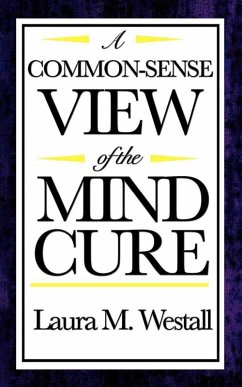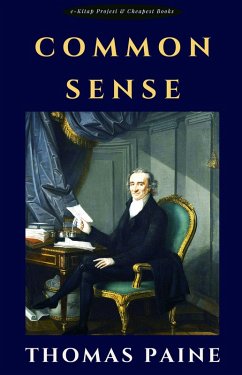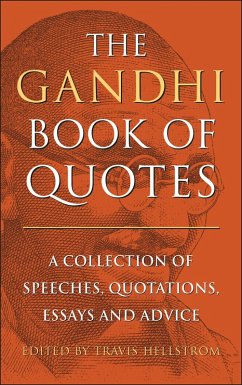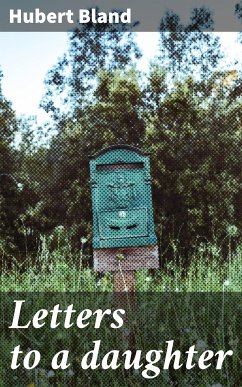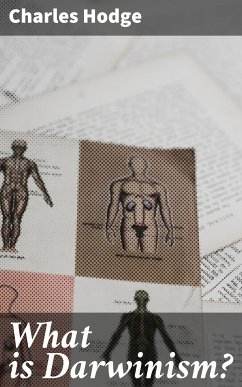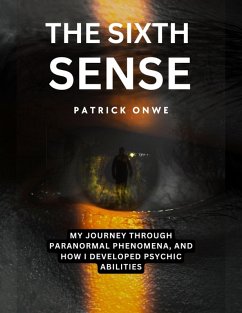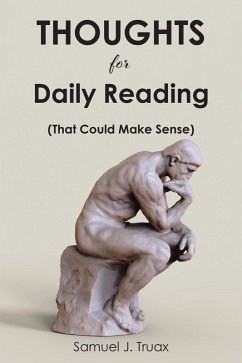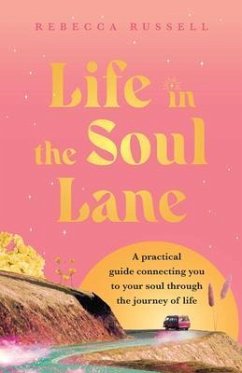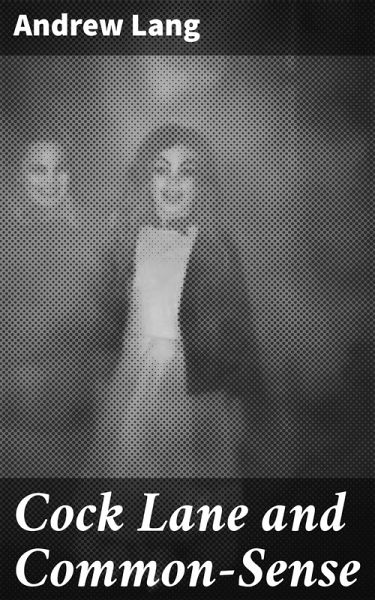
Cock Lane and Common-Sense (eBook, ePUB)
Enriched edition. Unveiling the Victorian Obsession with Supernatural Beliefs
Kommentar: Winthrop, Beatrice / Redaktion: Good Press
Versandkostenfrei!
Sofort per Download lieferbar
0,49 €
inkl. MwSt.
Weitere Ausgaben:

PAYBACK Punkte
0 °P sammeln!
In "Cock Lane and Common-Sense," Andrew Lang delivers a witty and incisive critique of the superstitions and popular beliefs that permeated Victorian society. Through a blend of folklore, history, and rational inquiry, Lang dissects the infamous Cock Lane ghost hoax, providing insight into the era's fascination with the paranormal. His meticulous scholarly style, imbued with a sharp sense of humor, serves to illuminate the broader implications of credulity in society, asserting the necessity of skepticism in the face of seemingly inexplicable phenomena. This work is a testament to Lang's commi...
In "Cock Lane and Common-Sense," Andrew Lang delivers a witty and incisive critique of the superstitions and popular beliefs that permeated Victorian society. Through a blend of folklore, history, and rational inquiry, Lang dissects the infamous Cock Lane ghost hoax, providing insight into the era's fascination with the paranormal. His meticulous scholarly style, imbued with a sharp sense of humor, serves to illuminate the broader implications of credulity in society, asserting the necessity of skepticism in the face of seemingly inexplicable phenomena. This work is a testament to Lang's commitment to unveiling the interplay between reason and belief in a tumultuous period of social change. Andrew Lang, a prominent figure in the late 19th century, was not only a writer but also a folklorist and anthropologist. His diverse interests and academic background informed his exploration of ghost stories and superstitions, reflecting the tensions between rationalism and romanticism of his time. Lang's keen intellect, coupled with his extensive collection of folk tales and mythology, positioned him uniquely to delve into the complexities of human belief and the consequences of unchecked credulity. Readers seeking a thought-provoking examination of belief systems will find Lang's work both enlightening and engaging. "Cock Lane and Common-Sense" transcends its specific historical context, offering timeless insights into the clash between reason and superstition. It invites readers to consider the nature of belief and the importance of skepticism in a world perpetually rife with mystery. In this enriched edition, we have carefully created added value for your reading experience: - A succinct Introduction situates the work's timeless appeal and themes. - The Synopsis outlines the central plot, highlighting key developments without spoiling critical twists. - A detailed Historical Context immerses you in the era's events and influences that shaped the writing. - A thorough Analysis dissects symbols, motifs, and character arcs to unearth underlying meanings. - Reflection questions prompt you to engage personally with the work's messages, connecting them to modern life. - Hand-picked Memorable Quotes shine a spotlight on moments of literary brilliance. - Interactive footnotes clarify unusual references, historical allusions, and archaic phrases for an effortless, more informed read.
Dieser Download kann aus rechtlichen Gründen nur mit Rechnungsadresse in A, B, BG, CY, CZ, D, DK, EW, E, FIN, F, GR, H, IRL, I, LT, L, LR, M, NL, PL, P, R, S, SLO, SK ausgeliefert werden.




